Earlier this year, OpenAI and other AI companies pitched Hollywood studios on the futuristic potential of AI tools to streamline movie and TV production, promising faster, easier, and cheaper workflows. However, these companies were seeking access to vast libraries of film and TV content to train their models, a crucial input for generating AI-driven outputs like videos and script suggestions.
Despite the buzz, these discussions have yielded few concrete results. The most notable collaboration so far is a recent partnership between AI startup Runway and Lionsgate, the studio behind John Wick and The Hunger Games. The deal involves Runway creating an AI model to assist Lionsgate with tasks like storyboarding. However, no other major studios have announced similar ventures, and experts say such partnerships aren’t likely to materialize before 2025.
Challenges Slowing Adoption
Several factors are causing delays in Hollywood’s embrace of AI. The technology’s legal and regulatory landscape is still evolving, and there’s skepticism about how audiences might react to AI-driven films. Studios also face concerns about safeguarding intellectual property and determining how to value their libraries for AI applications. Additionally, there is widespread mistrust of AI within the entertainment industry, where many fear it could replace jobs.
The Lionsgate-Runway deal, for example, raised alarm among creatives, prompting some to contact their agents immediately after its announcement. The Directors Guild of America has reached out to Lionsgate and plans to discuss concerns with the studio. Fear of AI-driven job loss was also a key issue during last year’s strikes by actors and writers, which pushed studios to include protections like requiring actor consent for creating digital replicas and compensating them for their use.
“From a legal perspective, companies are being cautious about harnessing AI responsibly,” said Javi Borges of professional services firm EY. “Everyone is trying to understand its opportunities, its impact, and how it fits into their business.”
The Alliance of Motion Picture and Television Producers (AMPTP), which represents major studios, declined to comment. Studios like Netflix, Disney, and Warner Bros. Discovery either declined or did not respond to inquiries. Still, AI is attractive to studios as they seek to cut costs amid declining cable subscriptions and a theatrical box office still recovering from the pandemic. For example, Warner Bros. Discovery recently announced it would use Google AI to streamline captioning for unscripted shows.
Recent AI Experiments
AI companies are exploring ways to win over Hollywood. Last month, Meta partnered with Blumhouse, a Los Angeles-based horror production company, to test its Movie Gen AI tools. Blumhouse selected three filmmakers, including Casey Affleck, to experiment with these tools, which helped generate video clips, sound effects, and background audio. Blumhouse founder Jason Blum said the collaboration allowed them to provide feedback while the technology is still in development.
However, disagreements over how to value film libraries for AI purposes remain a sticking point. AI companies seek diverse training data, meaning even obscure documentaries could be more valuable than blockbuster franchises. “This is an existential moment for IP holders,” said Dan Neely, CEO of AI rights management platform Vermillio, emphasizing the need for a clear pricing standard.
Legal Concerns and Copyright Battles
Legal uncertainty further complicates matters. Several lawsuits have been filed against AI companies, including Runway, by creators alleging that their work was used to train AI models without permission. Music labels and publishers have also launched similar lawsuits. OpenAI’s broad interpretation of “fair use” in copyright disputes has raised eyebrows in Hollywood, especially after a controversy involving actor Scarlett Johansson. Johansson accused OpenAI of releasing a chatbot with a voice resembling hers without consent, which the company denied, but it pulled the chatbot anyway.
SAG-AFTRA’s national executive director, Duncan Crabtree-Ireland, underscored the challenges. “Potential deals are shadowed by copyright uncertainty and resistance from creatives and consumers who value human-centered storytelling,” he said.
Some studios, however, see potential pathways. Lionsgate’s partnership with Runway involves training a bespoke AI model on a limited selection of titles to improve production and marketing processes. The agreement explicitly avoids using actors’ likenesses or sharing Lionsgate’s data for other AI training purposes. Notably, no money exchanged hands in the deal.
Runway CEO Cristóbal Valenzuela believes AI tools can enhance creativity rather than replace it. “This is a powerful technology, but it’s not a magical black box that makes movies without human input,” he said.
The Road Ahead
AI companies are actively courting creators by offering financial incentives and demonstrating practical applications, such as text-to-video tools for music videos and YouTube content. Whether this leads to mainstream acceptance in Hollywood remains uncertain.
“At the end of the day, it’s going to come down to money,” said one entertainment executive. “If the check is big enough, studios will move forward and deal with the complications later.”





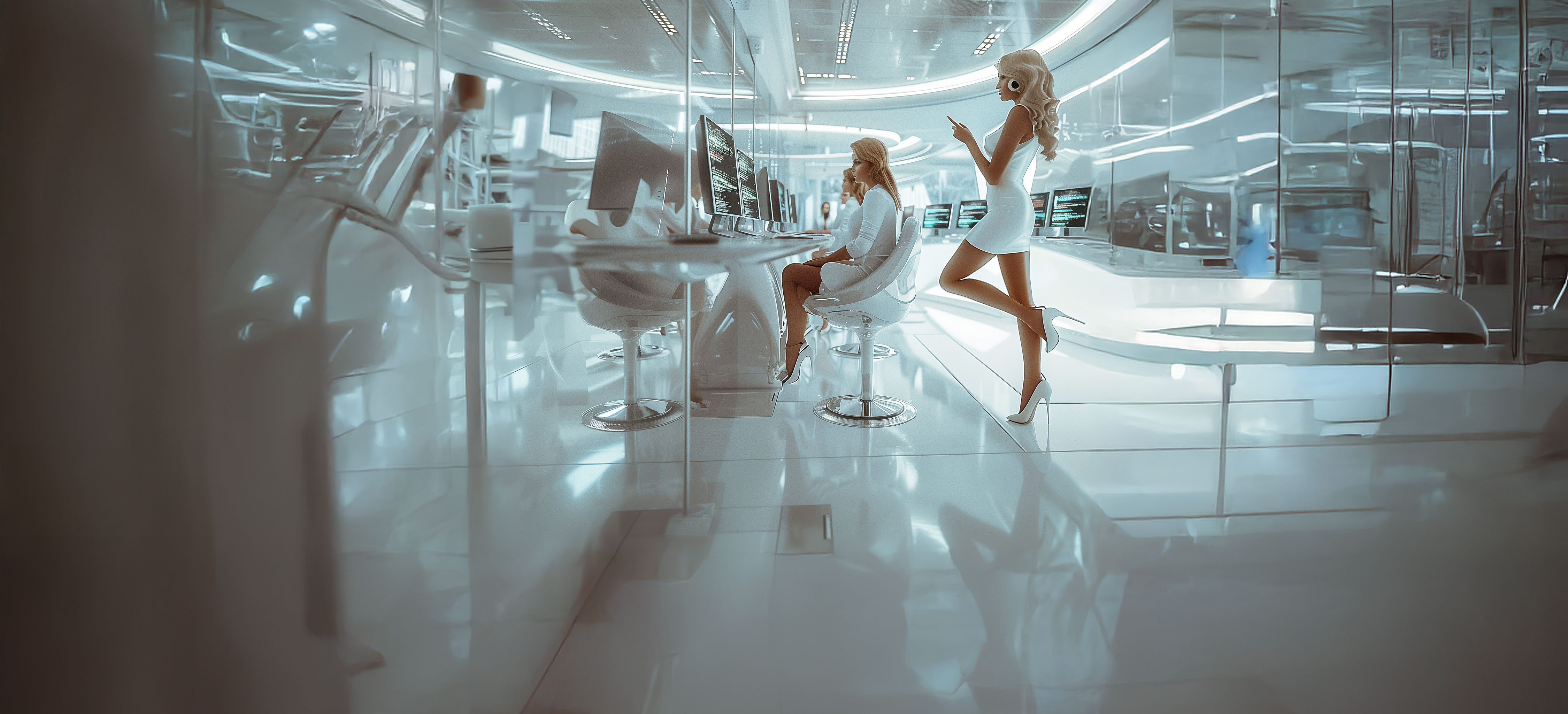
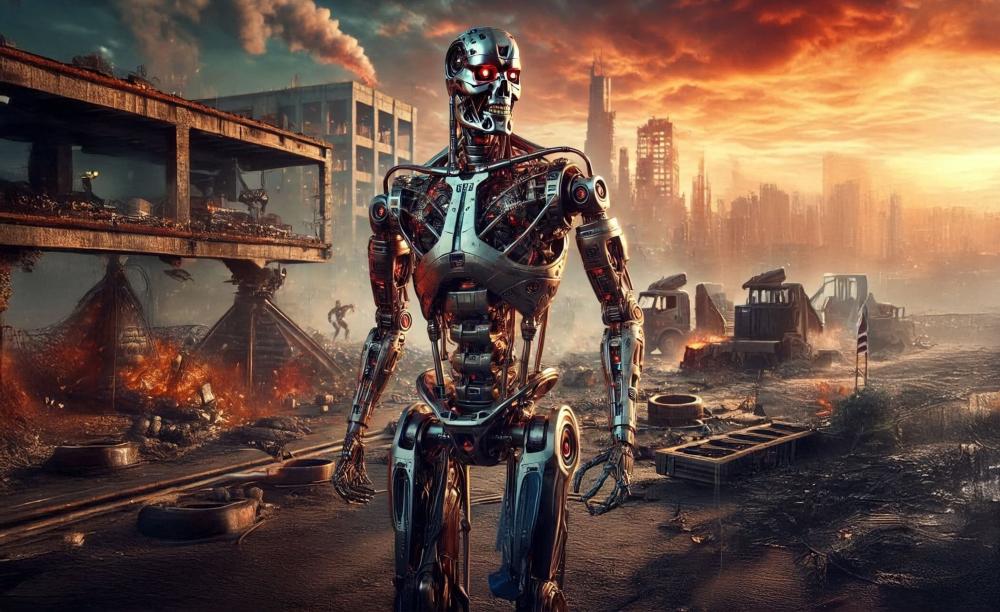
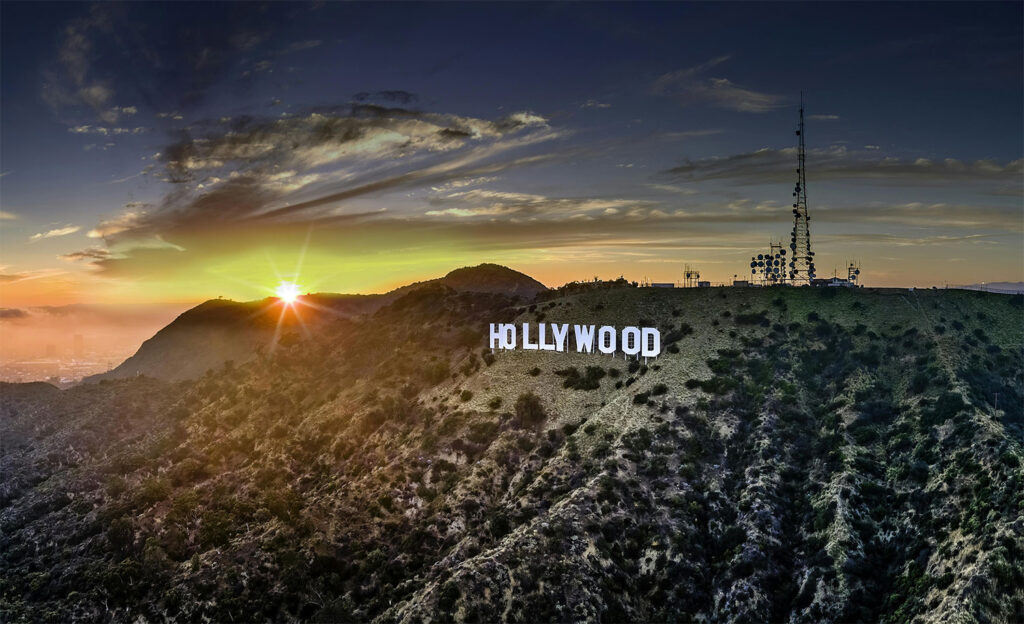



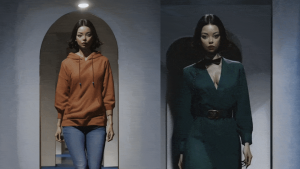


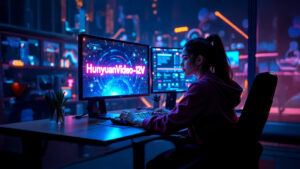


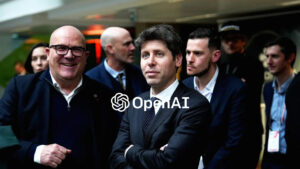

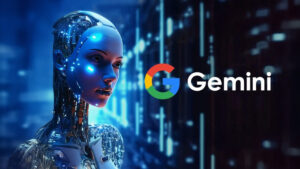













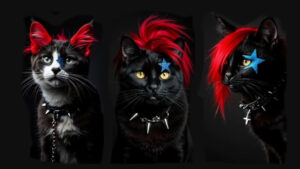











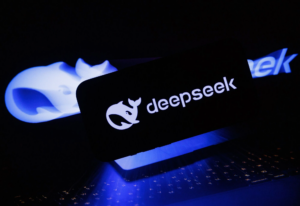
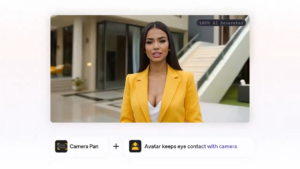
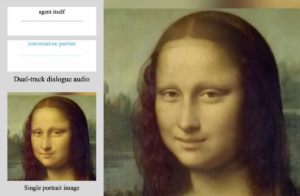
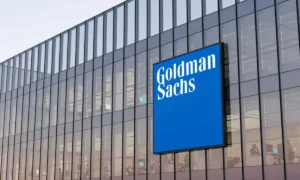
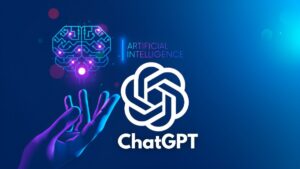
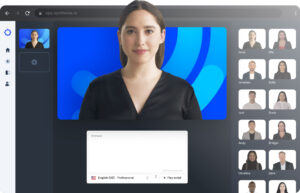

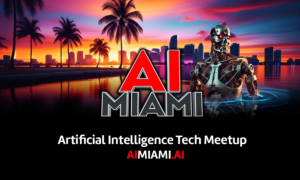
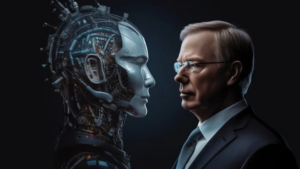



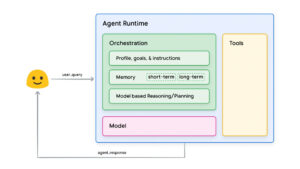



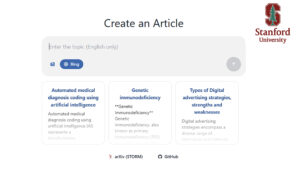


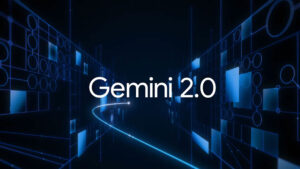
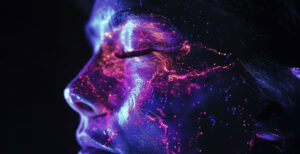














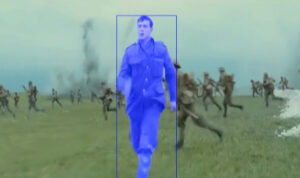




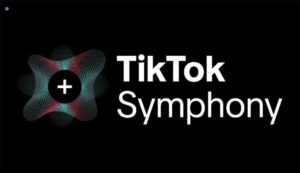

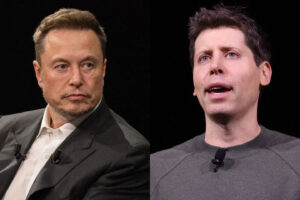




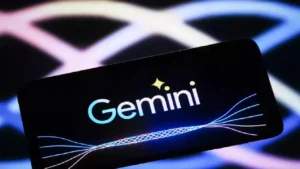

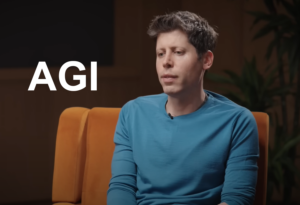
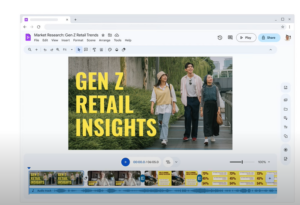


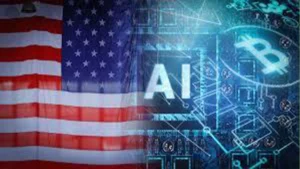
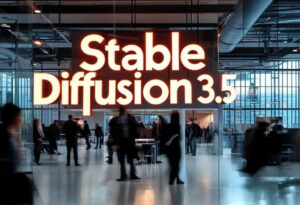
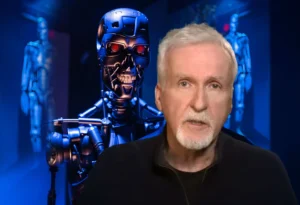
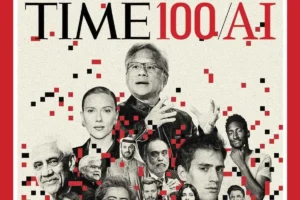
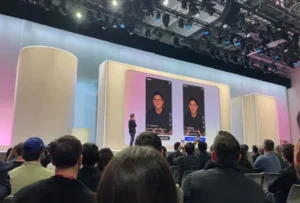
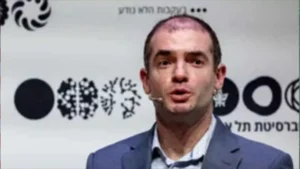


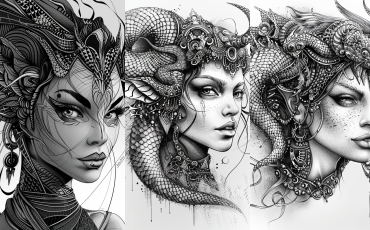
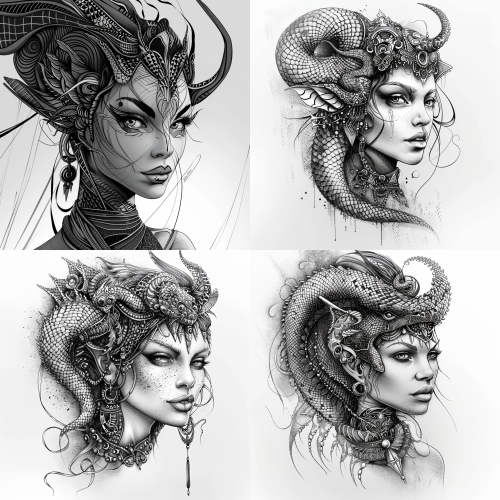


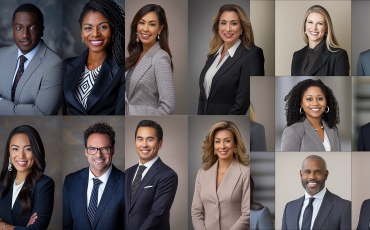
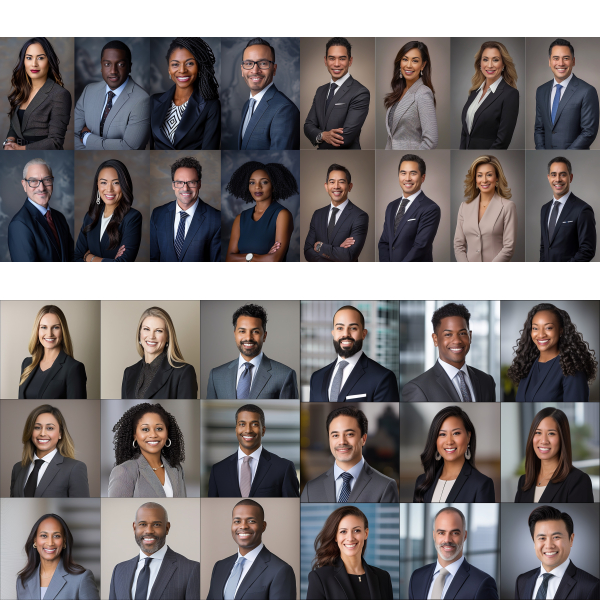
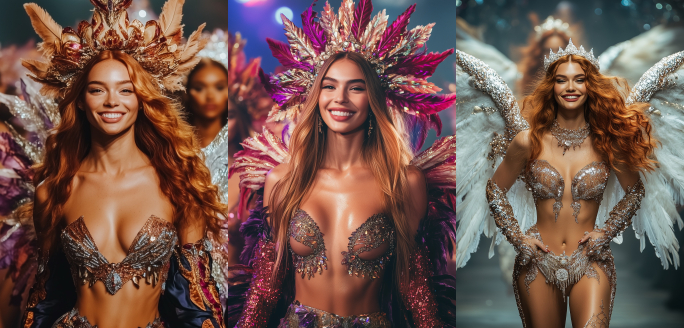
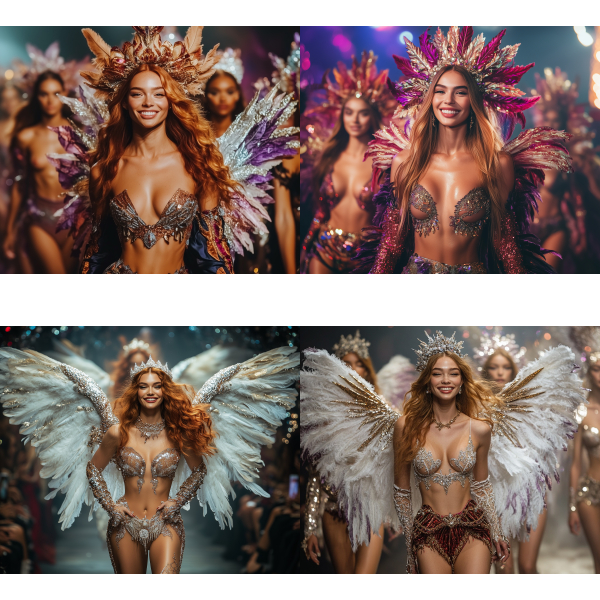
Validate your login
Sign In
Create New Account